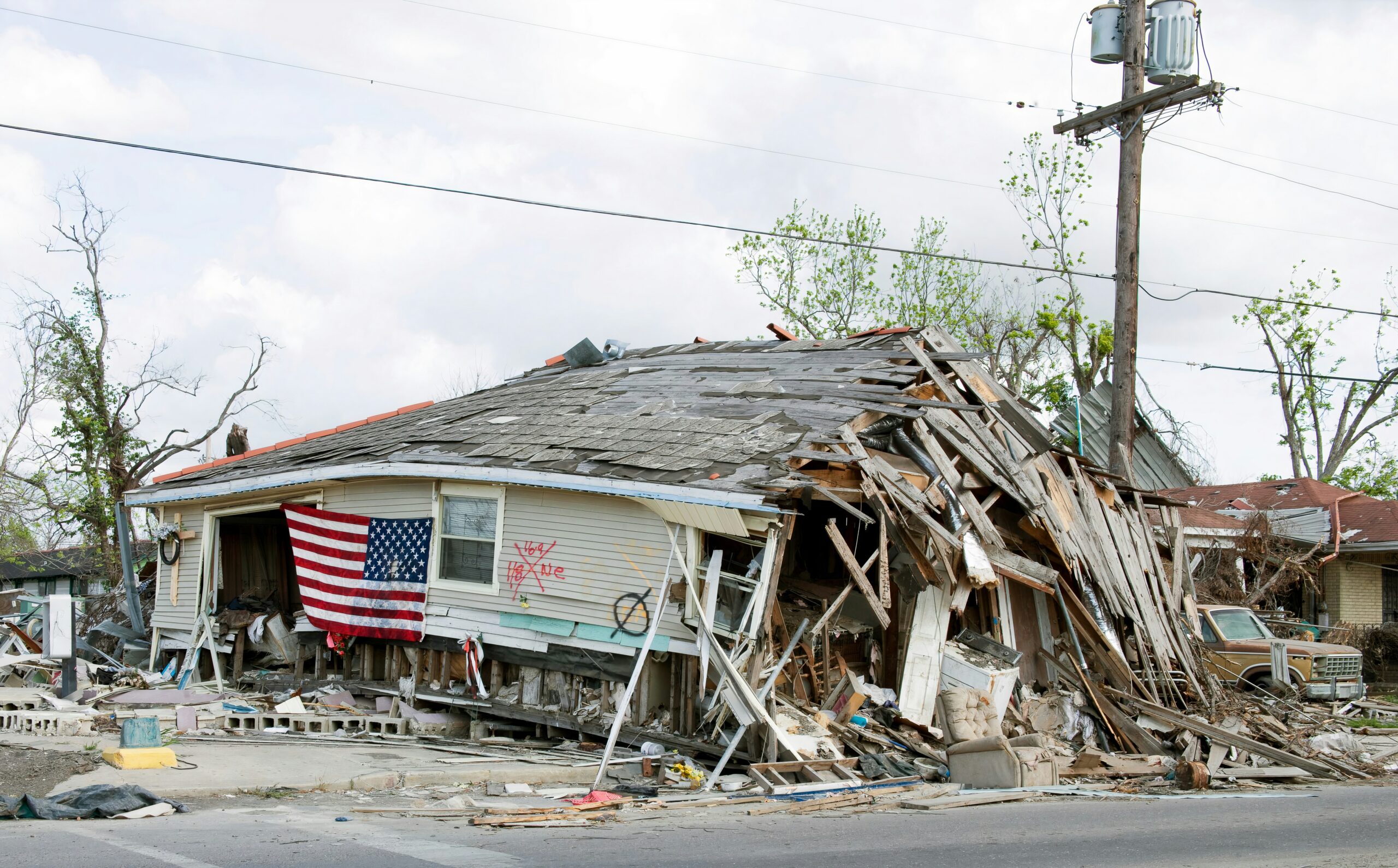In a historic and concerted effort to combat the growing climate crisis, nations from across the globe are making ambitious commitments to achieve net-zero greenhouse gas emissions by the year 2050. This commitment represents a significant acceleration of climate action and a vital step toward mitigating the most severe consequences of climate change.
The Urgency of Net-Zero Emissions: The need for urgent action to address climate change has never been more apparent. Rising global temperatures, extreme weather events, sea-level rise, and ecological disruptions are clear indicators of the climate emergency. Achieving net-zero emissions—where a nation’s total greenhouse gas emissions are balanced by removing an equivalent amount of carbon from the atmosphere—has become a paramount goal.
Global Momentum: One of the most encouraging aspects of the recent developments is the growing global momentum toward net-zero emissions. Major economies, including the United States, China, the European Union, and Japan, have committed to this goal. These nations collectively account for a significant portion of global emissions, and their commitments send a powerful signal to the rest of the world.
Strategies for Achieving Net-Zero Emissions: The path to net-zero emissions requires multifaceted strategies and systemic changes across various sectors of the economy. Some key components of these strategies include:
- Transition to Renewable Energy: Shifting from fossil fuels to renewable energy sources, such as solar, wind, and hydropower, is a cornerstone of reducing emissions from the energy sector.
- Decarbonizing Transportation: Promoting electric vehicles, improving public transportation, and investing in sustainable mobility solutions are crucial for reducing emissions from the transportation sector.
- Enhancing Energy Efficiency: Implementing energy-efficient technologies and practices in industries, buildings, and infrastructure can significantly reduce energy-related emissions.
- Conservation and Reforestation: Protecting forests, restoring ecosystems, and investing in reforestation projects are essential for capturing and storing carbon.
- Carbon Capture and Removal: Advancing technologies that capture and store carbon dioxide from the atmosphere can help offset emissions that are challenging to eliminate completely.
The Role of International Agreements: International agreements such as the Paris Agreement play a pivotal role in coordinating and reinforcing these commitments. The Paris Agreement, signed by 196 countries, aims to limit global warming to well below 2 degrees Celsius above pre-industrial levels, with an aspirational target of limiting it to 1.5 degrees Celsius. Achieving net-zero emissions is a fundamental component of these objectives.
Challenges and Opportunities: While the commitments to net-zero emissions are significant and encouraging, there are also challenges ahead. These include navigating the complexities of transitioning from fossil fuel-dependent economies, ensuring a just transition for workers in carbon-intensive industries, and securing financial and technological support for developing nations to achieve their climate goals.
A Turning Point for Climate Action: The commitment to achieving net-zero emissions by 2050 represents a turning point in the global fight against climate change. It demonstrates a growing recognition of the urgency of the climate crisis and a determination to take meaningful action. However, the success of these commitments will depend on sustained efforts, international collaboration, and continued innovation in renewable energy and sustainable technologies.
In summary, the acceleration of climate action with commitments to reach net-zero emissions by 2050 is a significant step forward in addressing the climate crisis. It is a testament to the global community’s commitment to preserving a sustainable and habitable planet for future generations.



 UN
UN 




